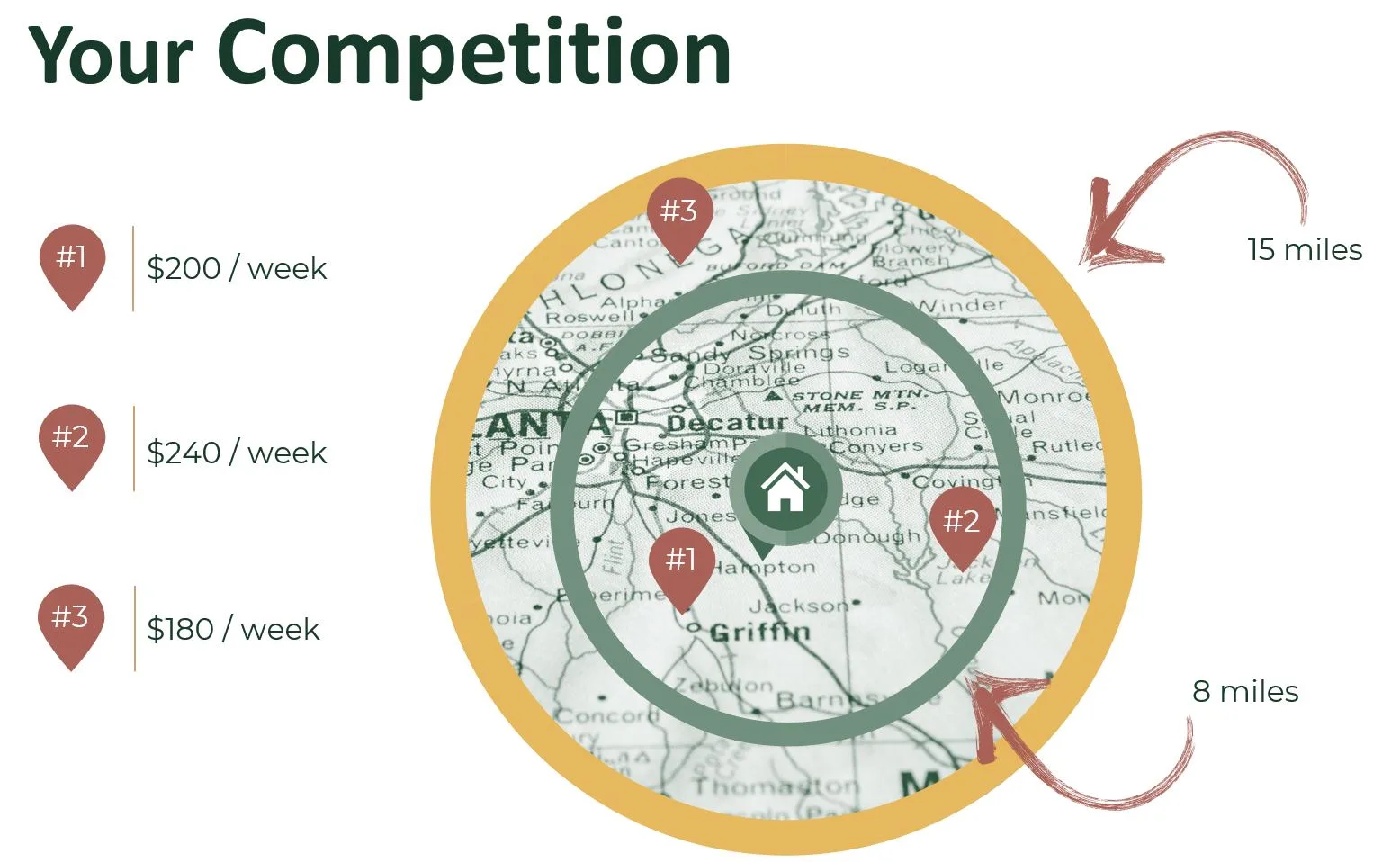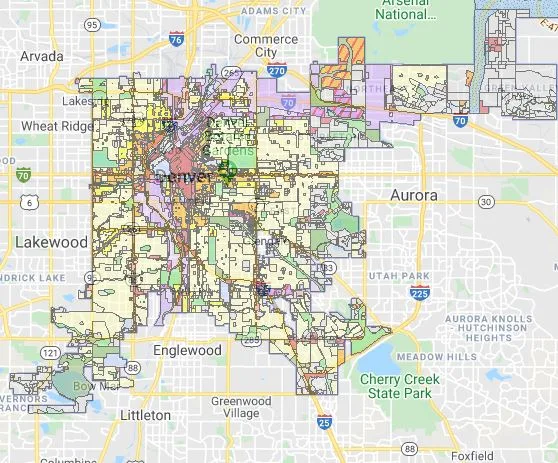Are you considering starting a daycare center? In this article, we will guide you through the process of evaluating competition and identifying market gaps to ensure the success of your venture. By assessing the need for a daycare center through surveys and research, you will be able to understand the demand and tailor your services accordingly. Moreover, evaluating the competition will allow you to discover potential partnerships and identify gaps in the market. We will also explore various resources such as grants, loans, and crowdfunding options to support your business financially. Additionally, we will delve into alternative locations, zoning laws, licensing requirements, and the necessary licenses and permits to operate legally and safely. You will learn how to develop a comprehensive business plan by analyzing the market, exploring funding options, building relationships, and researching competitors. Furthermore, we will discuss how to establish a budget by identifying all costs, finding ways to save money, and raising capital through various channels. So let’s dive in and take the first step towards realizing your dream of opening a successful daycare center.



Assessing the Need for a Daycare Center
opening a daycare center is an exciting venture that provides an essential service to families in need of childcare. Before diving into this endeavor, it is important to assess the need for a daycare center in your area. One effective way to determine the demand is by conducting surveys. Reach out to members of your community, including parents, caregivers, and local organizations, to gather information on their childcare needs and preferences. This will give you valuable insights into the specific requirements of the target market and help you tailor your offerings accordingly. Additionally, researching the demand for daycare services in your area is crucial. Look into population demographics, such as the number of families with young children, working parents, and single-parent households. This information will give you a better understanding of the potential market size and the level of demand for your daycare center.Evaluating Competition
To ensure the success and sustainability of your daycare center, it is important to evaluate the competition in your area. Identifying competitors will help you determine if there are any gaps in the market that you can capitalize on. Research other daycare centers in your vicinity and study their offerings, such as age groups served, programs offered, and pricing structures. This will help you differentiate your business and create unique selling points. Analyzing competitors’ strengths and weaknesses is crucial in order to position your daycare center effectively. Consider factors such as reputation, quality of care, facilities, and staff qualifications. By understanding your competitors’ strengths and weaknesses, you can create strategies to highlight your own advantages.
Identifying Potential Partnerships
Collaborating with existing daycare centers can be a mutually beneficial arrangement. By partnering with established centers, you can tap into their existing customer base, share resources, and potentially offer coordinated services. Reach out to local daycare centers and explore the possibility of collaboration, such as sharing staff training programs or offering joint events for families in the community. Building relationships with local schools is another avenue to consider. Develop connections with school administrators and educators to establish a referral system for families transitioning from early childhood education to daycare. This will not only support the smooth transition of children but also enhance your reputation as a trusted and reliable daycare center within the educational community. Partnering with local businesses can also be advantageous. Many companies offer employee benefits that include childcare assistance. By collaborating with these businesses, you can attract a steady clientele and potentially secure contracts with corporate clients. Furthermore, reach out to community organizations that align with your values and mission. These organizations often have connections to families in need of daycare services and can provide resources and support for your center.Finding Resources for Support
starting a daycare center requires adequate financial resources. Researching grants specific to childcare can help secure additional funding for your business. Look into government programs, foundations, and organizations that provide grants for early childhood education and childcare initiatives. Be sure to review eligibility requirements and deadlines for grant applications. Exploring loan options is another avenue to consider. Contact local banks and credit unions to inquire about small business loans specifically designed for daycare centers. Be sure to compare interest rates, terms, and repayment options to find the best fit for your needs. Crowdfunding can also be a viable option for raising funds for your daycare center. Create a compelling online campaign, showcasing your mission, plans, and anticipated impact. Share the campaign on social media platforms and reach out to friends, family, and community members to support your cause. Seeking sponsorship opportunities is another way to gain financial support. Reach out to local businesses, corporations, and philanthropic organizations in your area. Present your business plan, emphasizing the positive impact your daycare center will have on the community, and highlight the benefits of sponsoring your center.
Exploring Alternative Locations
Finding an ideal location for your daycare center can be a challenging task. Exploring alternative options can help you find a space that meets your needs without breaking the bank. Consider utilizing your home as a daycare center, especially if you have ample space and meet the necessary zoning and licensing requirements. This can help keep overhead costs low and provide a sense of familiarity and comfort for parents and children. Partnering with churches can also be a viable option. Many churches have underutilized spaces that can be repurposed for daycare centers. Partnering with a church not only provides affordable rent options but may also establish a sense of trust and community support. Collaborating with non-profit organizations is another alternative to explore. These organizations often have existing spaces and resources that can be utilized for daycare centers. By partnering with a non-profit, you not only benefit from cost-saving measures but also contribute to their mission and serve the community in a meaningful way. Considering shared spaces and co-working facilities is another option to explore. Many co-working spaces have designated areas that are suitable for daycare centers. This option provides the flexibility of shared resources and potential collaboration with other businesses in the facility.Understanding Zoning Laws and Licensing Requirements
Operating a daycare center requires adherence to specific zoning laws and licensing requirements. Researching local zoning laws is essential to ensure that your chosen location is suitable for a daycare center. Check with your local zoning department or city government to obtain the necessary information. Familiarize yourself with regulations related to parking, outdoor play areas, and building compliance. Identifying licensing requirements is another crucial step. Contact your state’s regulatory agency responsible for daycare licensing to understand the specific guidelines for your area. This typically includes staff-to-child ratios, health and safety standards, and educational requirements for staff members. Ensuring compliance with safety regulations is of utmost importance. Create a safe and child-friendly environment by adhering to safety guidelines, including childproofing measures, fire safety protocols, and proper storage for hazardous materials. Implementing rigorous health and safety protocols will not only protect the children in your care but also establish trust and confidence with parents. Obtaining the necessary licenses and permits is the final step. Submit the required documentation and complete any required training programs to obtain the necessary licenses and permits. Keep in mind that licensing requirements may vary depending on the age group and capacity of your daycare center.


